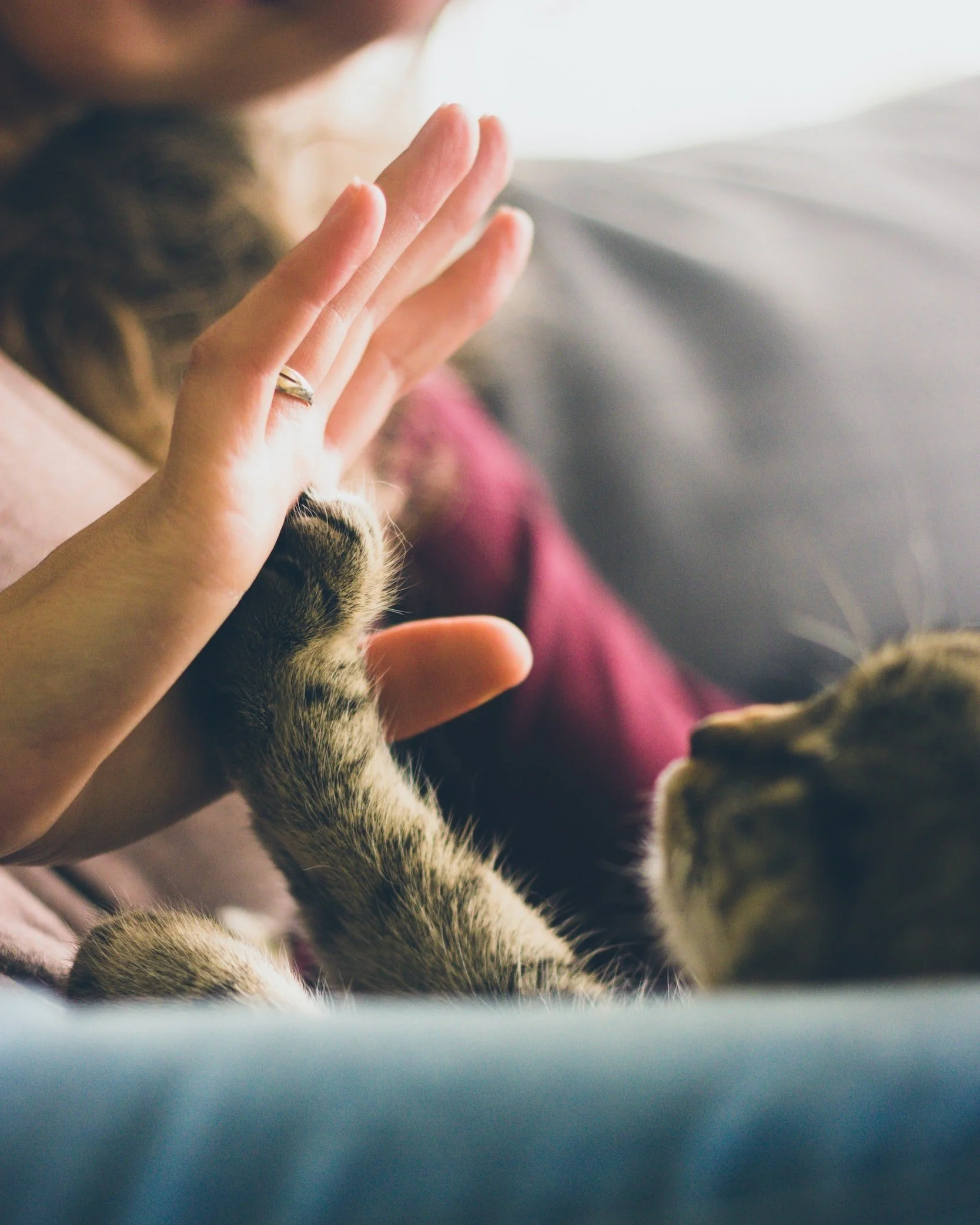Emma Hardy MP slams ‘barbaric’ increase in animal experiments
RESEARCH TOOL: The use of cats in scientific ‘procedures’ rose by six per cent last year. Picture by Jonas Vincent
By Simon Bristow
An MP has described an increase in the use of animals in scientific research as “barbaric”.
Hull West and Hessle MP Emma Hardy made the comment after speaking in a Westminster Hall Debate about commercial breeding for laboratories on Monday.
The debate followed a petition signed by 102,000 people which calls for the revoking of all licences for commercial breeders of laboratory animals.
Ms Hardy said 243 of her constituents had signed the petition, and concerns had been raised with her about an animal breeding centre in East Yorkshire.
According to Government figures, more than three million scientific “procedures” were conducted on animals in Great Britain in 2021 — an increase of six per cent on the previous year. The use of horses increased by 29 per cent, monkeys by 17 per cent, cats by six per cent, and dogs by three per cent.
CALLING FOR CHANGE: Emma Hardy MP. Picture by Tom Arran Commercial Photography
However, only around a fifth of these were conducted to satisfy regulatory requirements, meaning nearly 80 per cent were for research-only purposes, Ms Hardy said.
Speaking in the debate, Ms Hardy said: “Commercial breeding exists to meet the demands and needs of this industry in animal experimentation; without that demand, commercial breeding would not exist and there would be no need to have this debate.”
The MP cited articles published in the British Medical Journal and elsewhere criticising the lack of any systematic reviews of the efficacy of using animals in biomedical research.
She told the debate: “In fact, a bias in favour of animal research has been shown to be holding back progress in some areas — we have already heard the example of Alzheimer’s treatments. I fear that millions of pounds and tens of thousands of hours of research may have been wasted on a scientific dead end, but worse than the time and money wasted: a drug that damages animals in early tests and is therefore abandoned could be safe and effective in humans.
“Valuable drugs that were nearly lost because of their toxicity in animals include the breast cancer drug Tamoxifen and the leukaemia drug Gleevec.
Become a Patron of The Hull Story. For just £2.50 a month you can help support this independent journalism project dedicated to Hull. Find out more here
“We cannot know how many potential treatments have been overlooked in this way, but thankfully, as we have heard, there are alternatives that focus on human biological processes to investigate disease and potential treatments.”
In a statement after the debate, the Labour MP said: “People in Hull West and Hessle are concerned about animals being used for scientific research and are particularly concerned that there is an animal breeding centre in East Yorkshire. I have listened to these concerns and that’s why I’m calling for change.
“With criticisms about the lack of systemic reviews of the efficacy in using animals in biomedical research, and the fact there are effective alternatives, it seems barbaric to me that use of animals in Great Britain for scientific procedures is increasing.
“I believe it is fair to say that those members of the public who accept animal research do so only on the assumption that it benefits humans, and that there is no alternative. They will of course support commercial breeding as necessary for this research.
“However, I suspect most of them are unaware that when it comes to treatments for humans, there is a growing body of evidence that animal procedures produce poor quality results and, in some cases, hold back progress.”


